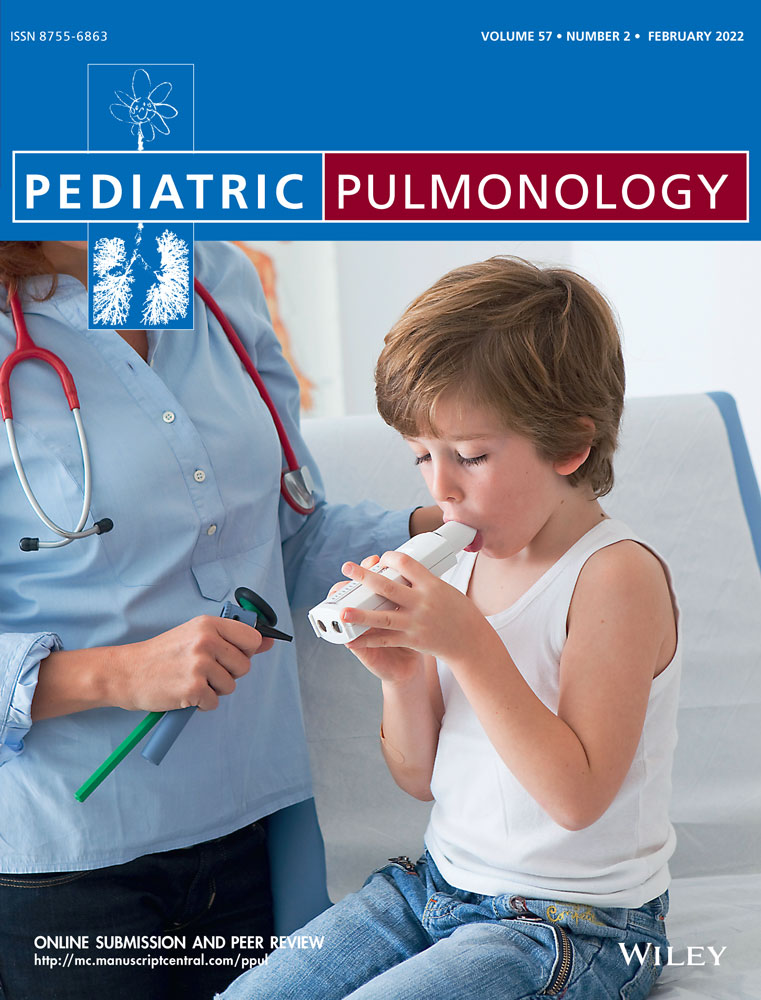The use of elexacaftor/tezacaftor/ivacaftor in patients with cystic fibrosis postliver transplant: A case series
Abstract
Introduction
Cystic fibrosis (CF)-related liver disease (CFLD) manifests as a wide spectrum of hepatobiliary disease and can progress to need liver transplantation. Elexacaftor/tezacaftor/ivacaftor (elx/tez/iva) is a cystic fibrosis transmembrane conductance regulator modulator that has superior efficacy compared to previously approved modulators. Use of elx/tez/iva, should be approached with caution in individuals with CFLD or following liver transplantation due to possible increases in liver function tests (LFTs) and drug–drug interactions with several immunosuppressant medications.
Objective
The purpose of this case series is to explore if the use of elx/tez/iva is safe and tolerable in patients with CF postliver transplantation.
Methods
A retrospective case series including patients prescribed elx/tez/iva following liver transplantation and an immunosuppressive regimen consisting of drug therapy metabolized by P-glycoprotein was completed.
Results
Ten patients at six CF centers with a median age of 22.1 years (range 14–43.4 years) and the median time from the transplant of 6.9 years (range 0.6–22 years) were included. Most patients (8, 80%) received a reduced or full dose of elx/tez/iva for a mean duration of 10.4 months (range 7–12 months). Fluctuations in LFTs occurred in all patients (10, 100%) and led to therapy discontinuation in two patients (20%). Elx/tez/iva initiation resulted in elevations in tacrolimus trough concentration in seven patients (70%). Most patients who tolerated elx/tez/iva had symptomatic and quality of life improvement, increased body mass index, and maintained or improved lung function.
Conclusion
Initiation of elx/tez/iva in patients with CF who received liver transplantation may be safe with clinical benefits.
CONFLICT OF INTERESTS
Research funded by Vertex Pharmaceuticals Incorporated: Elizabeth Autry and Lauren Kormelink. Consultant for Lexicomp, Wolters Kluwer: Lisa Lubsch.
Open Research
DATA AVAILABILITY STATEMENT
The data that support the findings of this study are available from the corresponding author upon reasonable request




